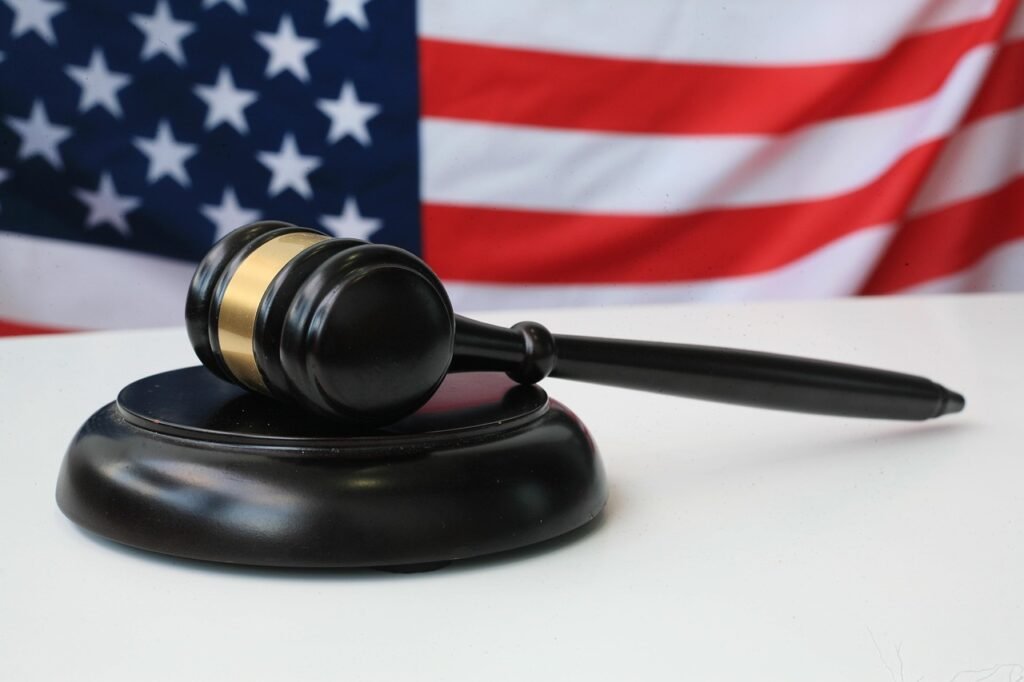A law against tyrants… applied to a Supreme Court justice?

The Global Magnitsky Act is a U.S. law created to punish foreign individuals accused of systematic corruption or severe human rights violations. Inspired by the case of Russian lawyer Sergei Magnitsky — who died in 2009 after exposing a major corruption scheme involving Russian officials — the law allows the U.S. government to impose unilateral sanctions on any person abroad involved in actions such as:
- Arbitrary arrests
- Torture and political repression
- Censorship of free speech
- Embezzlement of public funds or illicit enrichment
The global version of the act, passed in 2016, turned it into a powerful tool of punitive diplomacy, used against dictators, business leaders, and even members of the judiciary. Sanctions may include:
- Asset freezes in the U.S. or in any dollar-denominated transactions
- Entry bans to the United States
- Prohibition of financial dealings with American companies or individuals
- Global reputational damage, as many countries and private institutions informally follow the list
Alexandre de Moraes: The Judge Targeted by the American Empire
In July 2025, the United States officially added Brazilian Supreme Federal Court (STF) Justice Alexandre de Moraes to the Global Magnitsky sanctions list. The order, signed by President Donald Trump, alleges that Moraes was involved in:
- Unlawful arrests of political opponents
- Systematic censorship of the press and social media
- Politically motivated prosecutions, especially targeting former President Jair Bolsonaro, an ally of Trump
According to the U.S. Treasury Department, Moraes “abused his authority to persecute political opponents and suppress civil liberties in Brazil.” The administration further accused him of acting as both “judge and executioner” in a “campaign of political persecution.”
This marks the first time a Supreme Court justice from a consolidated democracy has been added to the Magnitsky list — previously applied mostly to figures from authoritarian regimes like Russia, China, Iran, and Venezuela.
What Do the Sanctions Mean in Practice?
Although Moraes does not appear to have publicly known assets in the U.S., the law’s enforcement has immediate and serious consequences:
- Any dollar-linked asset in his name can be frozen by international banks
- He is banned from entering the U.S. or obtaining any type of U.S. visa
- American tech companies like Google, Apple, and Meta (Facebook, Instagram, WhatsApp) may face pressure to suspend his personal accounts
- Brazilian financial institutions dealing in U.S. dollars are reassessing contracts to avoid secondary sanctions — Bradesco, for example, has already called in its compliance team to review the case
Even without arrest or direct action, the sanctions effectively isolate Moraes from the Western financial and diplomatic system — a form of “international civil death.”
Why Did Trump Do It?
According to international analysts, Trump’s motivations are clear:
- Strengthening political support for Bolsonaro, who was declared ineligible for office by Moraes after coup attempt investigations in 2022
- Accusing the Brazilian judiciary of bias, echoing Trump’s own narrative about a “deep state” and politicized justice system
- Sending a message to his voter base by showing strength against ideological opponents — even abroad
By sanctioning Moraes, Trump also seeks to reshape his international image as a defender of free speech and political dissent — as long as it’s against his rivals.
How Did Brazil Respond?
Yes — Brazil responded firmly. The Brazilian government condemned the move as a serious external interference in national sovereignty. The Ministry of Foreign Affairs issued a statement saying, “No Brazilian authority is above Brazilian law — but neither are they subject to foreign governments.” President Lula expressed full support for the Supreme Court and declared that Brazil would not accept unilateral political sanctions against its judicial members.
Still, the episode has worsened diplomatic tensions between Brazil and the U.S. — and opened a dangerous precedent: the use of judicial sanctions as a tool of geopolitical pressure between democracies.
In Summary
The inclusion of Alexandre de Moraes on the Global Magnitsky sanctions list marks an unprecedented and explosive moment in Brazil–U.S. relations. Whether driven by political or ideological motives, Trump’s move highlights the fragile balance between judicial independence and foreign pressure. For some, Moraes is a democratic defender against extremism. For others, an authoritarian censor disguised as a judge.
Sources
- Reuters – U.S. sanctions Brazil judge Alexandre de Moraes for abuses and arbitrary arrests
- CNN Brasil – O que é a Lei Magnitsky
- Financial Times – Brazil responds to Trump’s sanctions against the STF
- Agência Brasil – Entenda a lei usada contra Moraes
- Investing.com – Senado dos EUA e críticas às sanções contra Moraes
